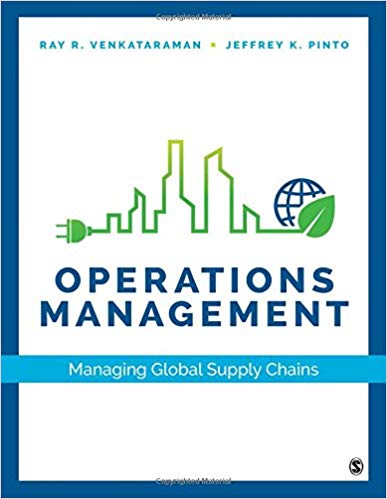Question
3. The rise of what is known as business-process outsourcing (BPO) in the Philippines has been nothing short of phenomenal. The very first calls were
3. The rise of what is known as business-process outsourcing (BPO) in the Philippines has been nothing short of phenomenal. The very first calls were taken in 1997; today the sector employs 638,000 people and enjoys revenues of $11 billion, about 5% of the country\'s GDP. Last year the Philippines even overtook India, long the biggest callcenter operator in the world, in “voice-related services”. The country now employs about 400,000 people at call centers, India only 350,000. The main reason for the success of the Philippine call centres is that workers speak English with a neutral accent and are familiar with American idioms—which is exactly what their American customers want. Of these, many have taken to complaining bitterly about Indian accents (which no amount of “voice neutralization” coaching seems to have overcome). As a result, the Indian firms themselves have been helping to move jobs to the Philippines by setting up call centres in Manila and other parts of the country. Infosys and Wipro, as well as scores of other Indian firms, now have substantial operations there. And they aren\'t drawn to Manila by cheap labour. Wages in the Philippines are slightly higher than in India since the Filipino accent commands a premium. It also helps that the country has a big pool of well-educated workers. The million or so Filipinos who graduate every year have few other options to choose from, besides emigrating. And working in a call centre is considered a middle-class job (new recruits start at $470 a month). The big question is whether the Philippine BPO industry, having conquered the call-center market, can now move up the value chain. To keep growing rapidly—and profitably—it needs to capture some of the more sophisticated back-office jobs, such as those processing insurance claims and conducting due diligence. In these businesses, called knowledge-process outsourcing and legal-process outsourcing, India still rules supreme. (Source: The Economist: http://www.economist.com/node/21557350) Based on the article, answer the following questions:
a. Compare and contrast the BPO industry in India as well as the Philippines and summarize the findings in terms of the future of BPO in both the countries.
Step by Step Solution
3.39 Rating (158 Votes )
There are 3 Steps involved in it
Step: 1
Business Process Outsourcing ...
Get Instant Access to Expert-Tailored Solutions
See step-by-step solutions with expert insights and AI powered tools for academic success
Step: 2

Step: 3

Ace Your Homework with AI
Get the answers you need in no time with our AI-driven, step-by-step assistance
Get Started


